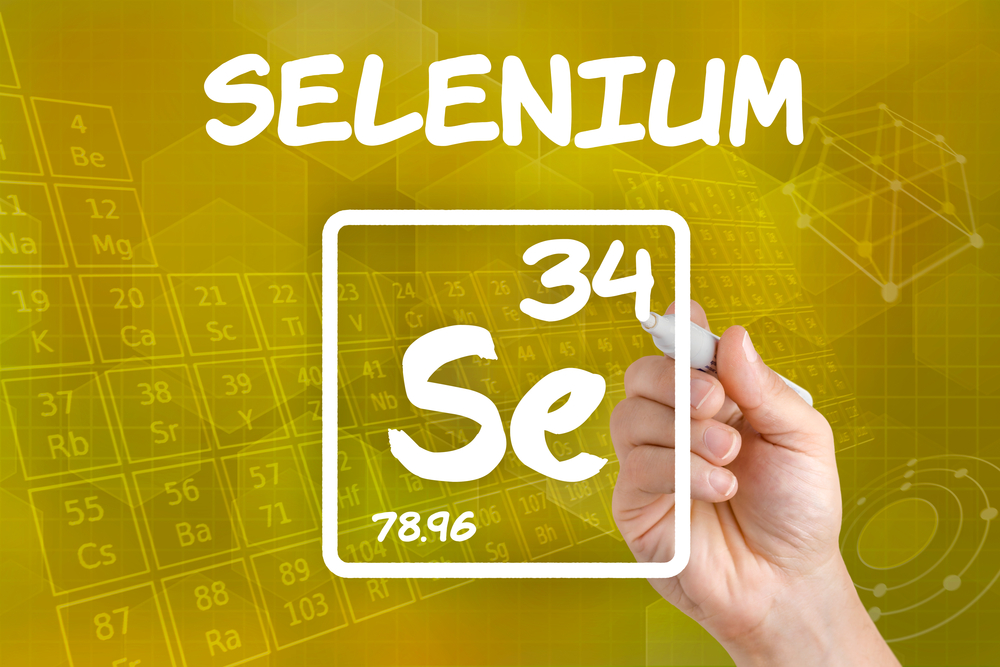 A team of researchers from Texas Tech University, led by Dr. Julian Spallholz, professor of nutritional sciences, has found that when attached to a monoclonal antibody used to treat breast cancer, selenium can successfully kill cancer cells in patients who have developed chemotherapy resistance.
A team of researchers from Texas Tech University, led by Dr. Julian Spallholz, professor of nutritional sciences, has found that when attached to a monoclonal antibody used to treat breast cancer, selenium can successfully kill cancer cells in patients who have developed chemotherapy resistance.
This year alone, almost 250,000 people will be diagnosed with breast cancer, the second most common cancer in the U.S., while 3 million suffer from this malignancy. Even though breast cancer survival rates are high (89% 5-year survival rate), many patients end up having cancer recurrence.
Dr. Spallholz and his team analyzed the impact of selenium, a nonmetal whose salts are necessary for cellular functions in many organisms, in different types of cancer. This compound was molecularly attached to one of the major clinical chemotherapeutic monoclonal antibodies in breast cancer treatment, showing an improved efficiency in destroying cancer cells.
A high percentage of diagnosed breast cancer patients (about 20%), show an overexpression of HER2 receptors on the surface of their cancer cells. A member of the epidermal growth factor receptor family, amplification of this protein results in uncontrolled tumor growth making HER2 a key element in the development and progression of certain types of aggressive breast cancer. For this same reason, it has become an important biomarker and target in therapies directed at HER2+ patients.
Even though immunotherapies focusing on monoclonal antibodies specific for HER2 have proven effective, some patients can develop resistance to adjuvant chemotherapy treatment.
[adrotate group=”3″]
In the study, researchers found that if selenium is attached to the antibodies, the efficiency rate of cancer cell apoptosis in specific patients who developed chemotherapy resistance is increased.
“The selenium research conducted by students and colleagues over the years and with the data from this commercial monoclonal antibody leads one to the longer term view that the redox technology produced by selenium and employed here is applicable to many medical applications. Additional applications include other clinical cancer monoclonal antibodies, targeting polypeptides, aptamers and possibly antibiotics. The attached selenium chemistry has the effect of changing the pharmacologic profile of a targeting drug,” Dr. Spalholz explained in a Texas Tech University press release.

